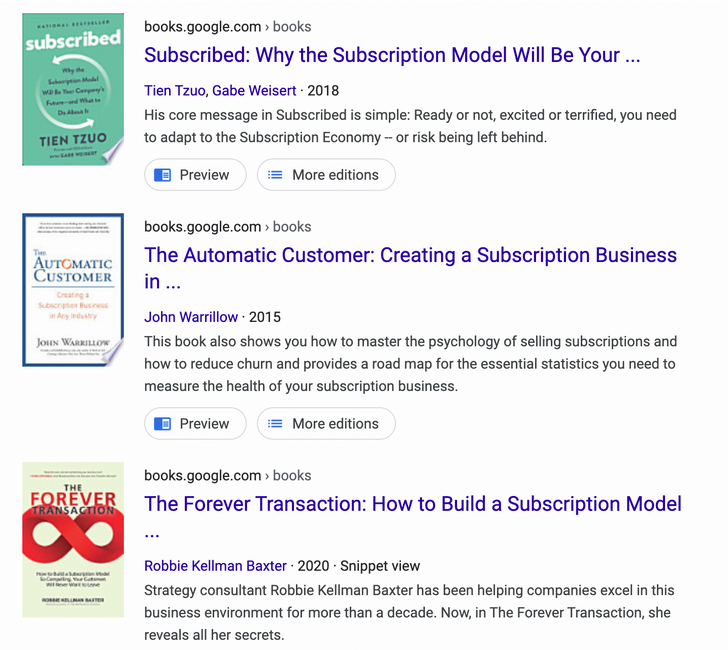Whenever I could, as the software I used to depend on switched from the old-fashioned “purchase a license” to “Software as a Service” model, I found something else to use or I didn’t bother “upgrading” from the last iteration before it went SaaS. My Microsoft Office installation is the 2007 version — after that I used Open Office (and now LibreOffice) for anything Microsoft-related. Even working in the software business, I hated SaaS and I try as much as I can to avoid products distributed that way. Imagine how I feel about the expansion of that toxic idea to other areas of life, as Chris Bray discusses here:
Twenty-two years ago, the economist and social critic Jeremy Rifkin warned about the emerging commodification of human experience. Markets have always exchanged private property, he wrote, and people have grown accustomed to the act of holding it personally – that is, of owning things. But in a new “hypercapitalist” world, he warned, ownership would be concentrated in a few corporate hands, and most people would pay to access property, “in the form of short-term leases, rentals, memberships, and other service arrangements,” rather than owning it. Remember that description about leasing all of your stuff in a series of service arrangements, because you’ll be seeing it again in a minute or two.
The man was not wrong about the degree to which businesses would aspire to turn one-time sales of stuff into endless monthly purchases of a service:
And then comes the politics:
The shift from a propertied regime based on the idea of broadly distributed ownership to an access regime based on securing short-term limited use of assets controlled by networks of suppliers changes fundamentally our notions of how economic power is to be exercised in the years ahead. Because our political institutions and laws are steeped in market-based property relations, the shift from ownership to access also portends profound changes in the way we will govern ourselves in the new century.
And this, and look closely for the most important sentences — two of them, short and adjacent:
In a society where virtually everything is accessed, however, what happens to the personal pride, obligation, and commitment that go with ownership? And what of self-sufficiency? Being propertied goes hand in hand with being independent. Property is the means by which we gain a sense of personal autonomy in the world. When we access the means of our existence, we become far more reliant on others. While we become more connected and interdependent, do we risk at the same time becoming less self-sufficient and more vulnerable?
The shift in the structuring of human relationships from ownership to access appears to invite a trade-off of sorts whose outcome is far from certain. Will we liberate ourselves from our possessions, only to lose a sense of obligation to the things we fashion and use? Will we become more embedded in networks of relationships, only to become more dependent on powerful networks of corporate suppliers?
Property is autonomy. That was a warning about your own life: less autonomous, more dependent. And it was, specifically, a warning about corporate capitalism on the subscription model, and the social and political effects of a concentration of property in increasingly few hands. Hypercapitalism would be the new feudalism, a system of lords and serfs.




